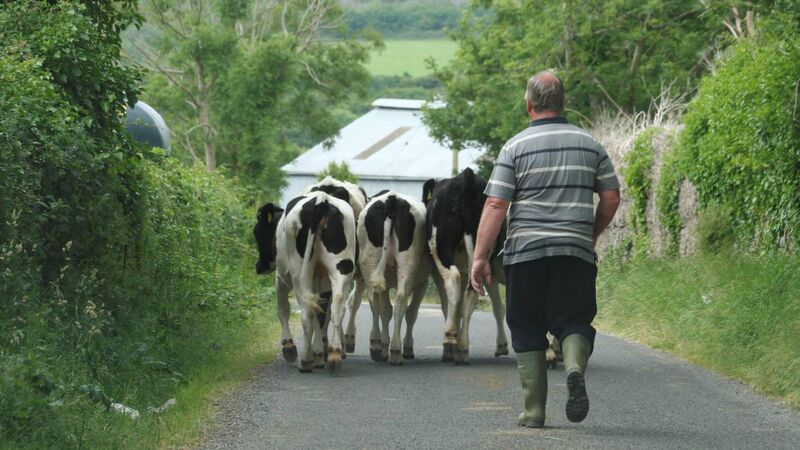Farmers to receive grant to cover 60% cost of solar panel installation

Plans will see farmers receive substantially higher grants for the installation of solar panels on the roofs of farm buildings, which would reduce their costs and open up a new income stream.
Farmers will be allowed sell electricity back to the grid for the first time and are to receive significant grants to install solar panels as the Government moves to reduce carbon emissions.
Plans soon to be announced by Charlie McConalogue, the agriculture minister, will see farmers receive substantially higher grants for the installation of solar panels on the roofs of farm buildings, which would reduce their costs and open up a new income stream.
CLIMATE & SUSTAINABILITY HUB














